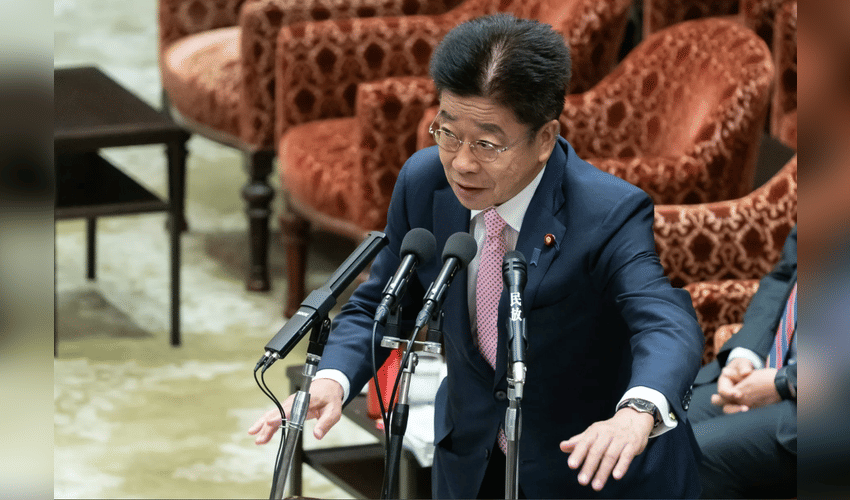Economy
Japan Resists US Push for Tariffs on China and India Over Russian Oil

Japan has firmly declined the United States' request to impose steep tariffs on China and India over their continued imports of Russian oil. The push from Washington came as part of broader efforts among G7 nations to increase pressure on Russia for its ongoing conflict in Ukraine by punishing countries that maintain energy trade ties with Moscow. However, Japan's Finance Minister Katsunobu Kato emphasized that Tokyo remains committed to World Trade Organization (WTO) agreements, which restrict the application of tariffs beyond established limits and require fair treatment of all member countries.
During a recent G7 discussion, the US advocated for tariffs as high as 50 to 100 percent targeting China and India due to their growing purchases of discounted Russian oil. While the US has already levied additional tariffs on Indian imports linked to Russian oil, Japan has chosen a more cautious path. Minister Kato explained that it would be "difficult" for Japan to raise tariffs solely based on oil import origins, especially since Japan itself still receives a small percentage of its oil and liquefied natural gas from Russia through projects like Sakhalin-2, which are exempt from Western sanctions.
Japan's stance underscores its adherence to WTO rules and a pragmatic approach to balancing geopolitical pressures against trade commitments. This contrasts with the US strategy of employing tariffs aggressively as a tool to isolate Russia economically by penalizing its key oil buyers. Tokyo is instead focusing on exploring other, more effective ways to support G7 partners in addressing Russian aggression, without jeopardizing established international trade norms.
The US proposal to impose punitive tariffs on China and India has sparked debate, as both Asian powers view their oil purchases as sovereign rights and key to their energy security amid global market fluctuations. China has warned against unilateral measures and insisted such trade decisions are internal matters. Meanwhile, India, a major buyer of Russian crude, has continued its imports despite intense criticism, emphasizing its need for affordable energy resources and deftly managing its diplomatic relations with Washington and Moscow.
Japan’s refusal to follow the US lead signals the complex dynamics within the international coalition aiming to pressure Russia. It also highlights the challenges in crafting unified economic sanctions when trade rules, national interests, and geopolitical alliances intersect. Japan's position reflects its nuanced foreign policy approach—supporting efforts to end the Ukraine conflict while safeguarding its trade commitments and energy needs.
This development is significant for global energy and trade landscapes, reinforcing that even among close allies, responses to geopolitical crises can diverge substantially based on economic dependencies and trade frameworks. Japan’s balanced stance may influence how other WTO member states approach similar US-led sanction proposals in the future.



